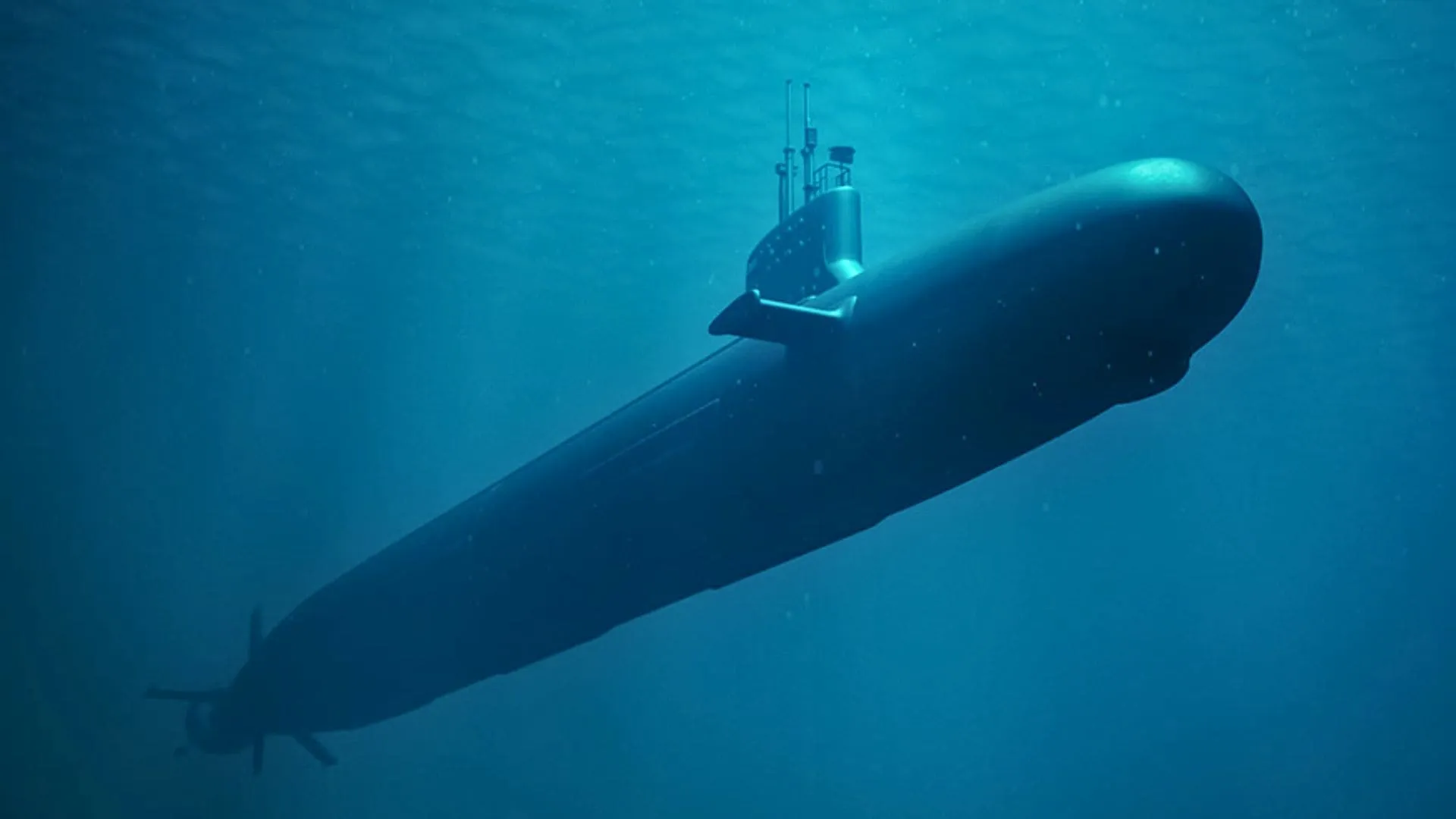Russia’s underwater sabotage is rapidly becoming Europe’s deadliest and least-known warfront. Aside from the battlefield in Ukraine, the Kremlin is increasingly attacking Europe’s Achilles heel—its seabed cables and pipelines. These undersea systems are essential to Europe’s electricity, gas, and internet connections. Power cables from Sweden to Finland, across the Baltics, and communication lines between Berlin and Helsinki are now under attack. Russia has carried out at least six sabotage incidents reported in the Baltic Sea since 2022. In 2023 alone, 11 underwater cables were damaged. This editorial looks at why such attacks are on the rise, how vulnerable Europe really is, and what’s at stake if they keep happening.
Europe’s Weak Spot: Shallow Seas, High Stakes
So why exactly is this threat so consequential? To begin with, these attacks are simple to carry out and virtually impossible to prevent. Large sections of Europe’s surrounding waters—such as the Baltic and the Gulf of Finland—are shallow. A mere dragged anchor can sever a cable in minutes. And so long as the ship remains outside of 12 nautical miles, international law binds the hands of European governments. Russia does not have to confess to anything—it only has to continue exerting pressure and leave no footprint behind
Consider the case of Estonia. After a single such cable was hit, the nation experienced a 10% increase in electricity bills, according to Politico. Meanwhile, British troops recently detected Russian sensors along paths used by UK nuclear-armed submarines. One-third of the EU’s gas is supplied by Norway via seabed pipelines. Ireland gets 10% of its electricity through undersea cables. Clearly, these aren’t theoretical threats—they are real and continuing threats to Europe’s markets, consumer prices, and energy security.
Not Just Cables: Russia’s Hybrid War Is in Full Swing
But underwater sabotage is only one method in Russia’s wider covert campaign. In addition to these assaults, the Kremlin fields cyber warfare, arson, election interference, propaganda, and even plots against the lives of leaders. Last month alone, Polish security arrested a Belarusian suspect charged with carrying out arson attacks on behalf of Russia. In Britain, four Bulgarian citizens recently received jail terms for espionage on behalf of Moscow.
In the words of British and Baltic officials, old Cold War-fashioned cat-and-mouse games are back. This time, however, the theater of war lies beneath the ocean—out of sight, yet perilously awake. With no robust European counter-response, Russia’s underwater sabotage will not simply disrupt—it will destroy.






















